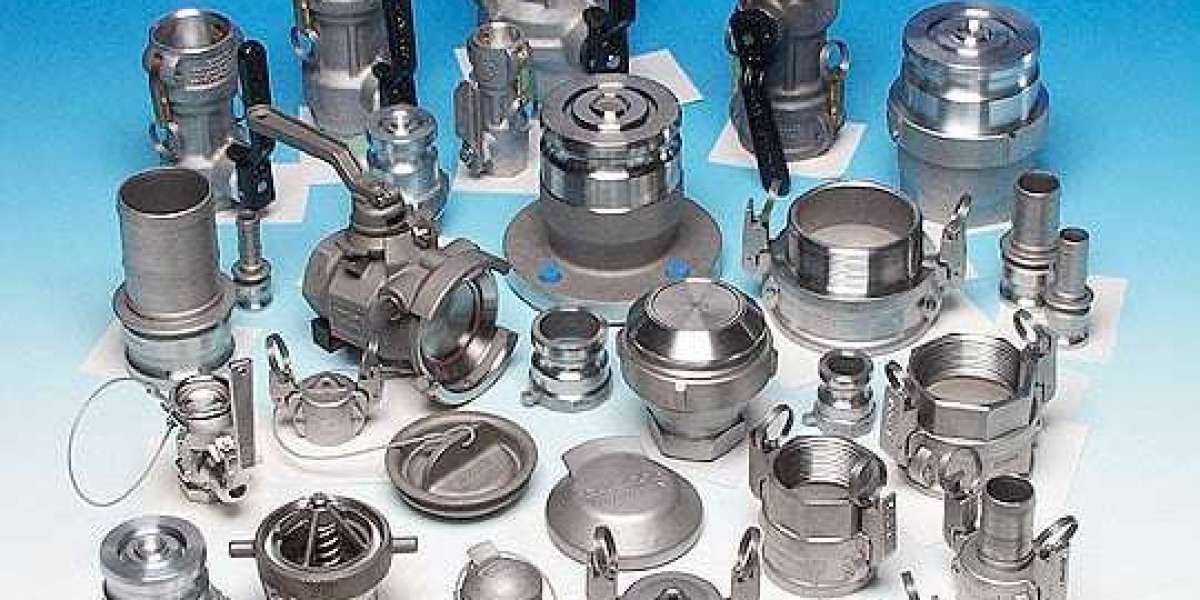Swivel joints or rotary unions are used for applications where transmission of fluids from a stationary source to a rotating source is needed without cross-contamination or leakage. The usual applications use swivel joints for 360-degree rotation while preserving hoses from tangles as components turn.
Swivel joints are prominent for operating at a wide range of pressures and temperatures for various conditions and environments. Based on industry requirements, swivel joints can have multiple passages and transfer different types of fluid simultaneously at different rotational speeds.
How To Select Swivel Joints
Numerous influencing factors need to be considered when choosing the appropriate swivel joints. The most crucial factor in a swivel joint is the internal sealing solution between the shaft and the housing. It is vital to maintain very precise tolerances during the machining process to have the required grooves for seals and internal components.
Size and Mounting
Another consideration when choosing swivel joints involves size and mounting. The swivel joint must have ports of the appropriate size and geometry so it can accommodate hose/and or tubing assemblies that will be connected. It is vital to ensure that there is enough room available to accommodate the swivel joints.
Adhering to Manufacturers' Specifications
When selecting swivel joints, failing to adhere to manufacturers' specifications can lead to leakage, premature failure of the joint, premature failure of the hose, or all of the above. Exceeding the manufacturers' suggested pressure rating might lead to fluid leakage by pushing fluid past the swivel joint's rotary seals.
Compatibility With The Application Environment
It is also crucial to ensure that the swivel joint is compatible with the application environment. This includes the chemical composition of the fluid that will be used, its temperature, and the external environment. Swivel joints are available in various materials like steel, brass, and other popular materials to match the composition and temperature of the fluid and surroundings.
Learn more about handling industrial fluids and dependable solutions for critical fluid products with Treloar. Treloar specialises in engineering and critical fluid transfer equipment like dry break coupling, which helps keep the transported fluid safe without spillage.






